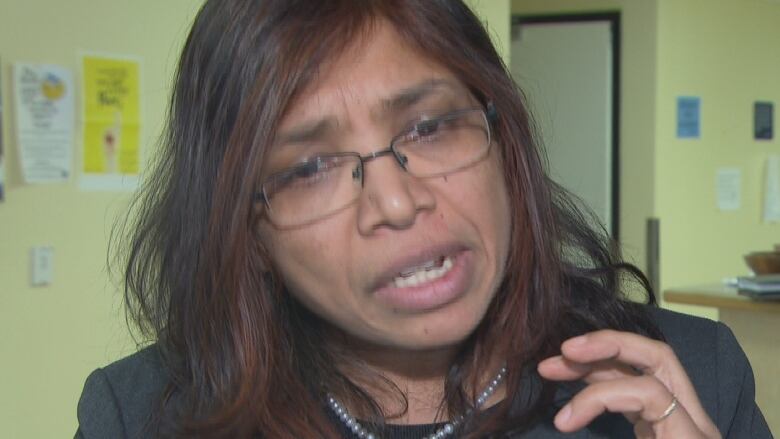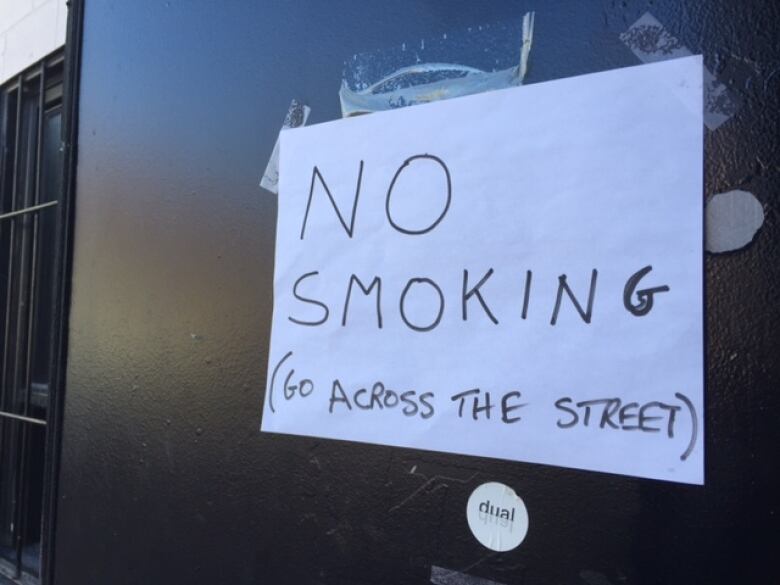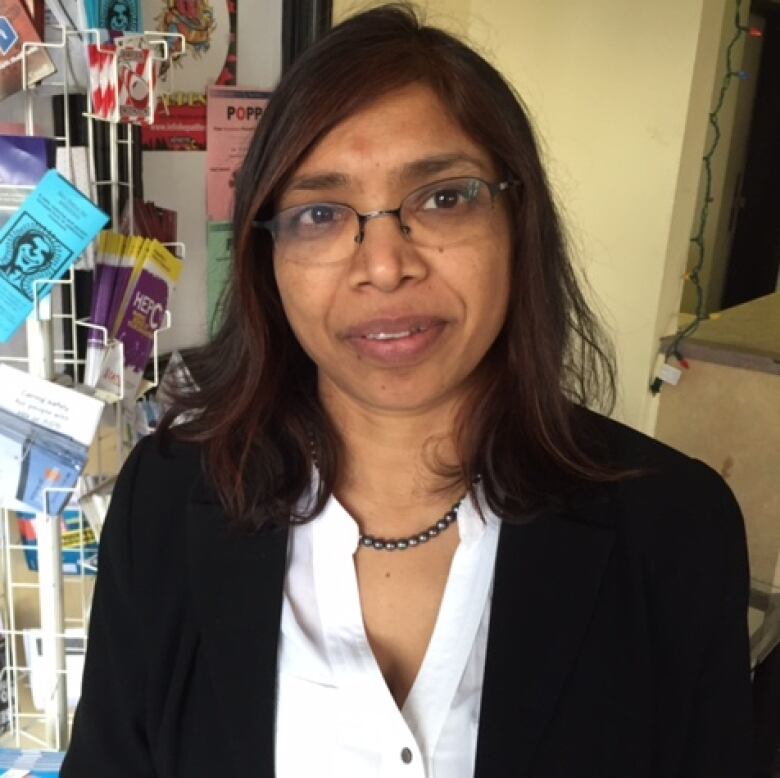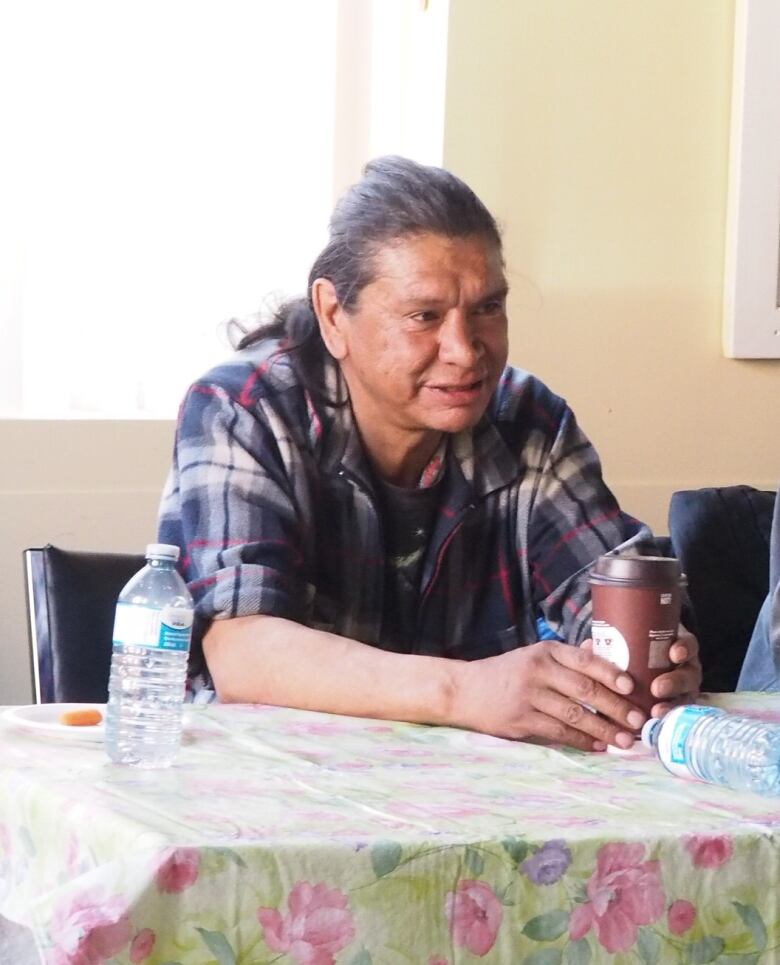PROMPT quit smoking program helps butt out drug use
Project's first year shows improvement in addiction, but also housing and job situations

Researchers say a community program aimed at helping some of Ottawa's must vulnerable people quit smoking is also pushing them to kick drug habits.

"If someone's drinking a lot they're going to smoke more. If someone's smoking more crack they're going to smoke more cigarettes. They kind of go hand in hand," saidFlorence.
"Now, if someone can reduce the hardest of these habits to quit or reduce, then the other ones kind of fall in like almost like a domino effect."
Program launched in March 2015
Dr. Smita Pakhal saidshe launched the research program in the ByWard Market inMarch 2015 because even though Ottawa has one of the lowest smoking rates in Ontario at 12 per cent, major disparities exist within the population.

"Over 40 per cent of [people with HIV]are dying because of tobacco-related diseases," she said.
"So cancer, heart disease, srtoke, [the lung disease]COPD and such, nobody really kind of saw coming but it was sneaking through because most of the population smokes."
She said shedesigned PROMPT to better understand the barriers and facilitators of smoking among people who use drugs and are either homeless or living in insecure housing environments.
Research found that of the 80 participants, more than half followed up after five months.
'I'd probably be drunk on the sidewalk'
Pakhal saidthat high percentage is because of work being done by peer researchers, who like the participants have struggled with homelessness and drug abuse.
Through the program they conduct intake interviews and follow-up meetings. They also facilitate sessions twice a week with an onsite nurse and hand out nicotine patches and other quitting tools.
"In this community space people still come because their peers are here," saidPakhal.
"They get to talk to somebody, they have this space as their own space."

"I'd probably be drunk on the sidewalk somewhere without any of these programs," saidBignell.

In addition to cutting back, drug use researchers saidparticipants also showed improvement in their general, social and economic standing with some finding jobs, entering treatment programs and getting apartments.
"When you realize that you're fighting and succeeding against the hardest of all habits, the rest doesn't seem so hopeless," saidFlorence.
Program funding ended in March and researchers said theyhope the program's success will help secure enough money to keep operating.












_(720p).jpg)


 OFFICIAL HD MUSIC VIDEO.jpg)
.jpg)



























































































